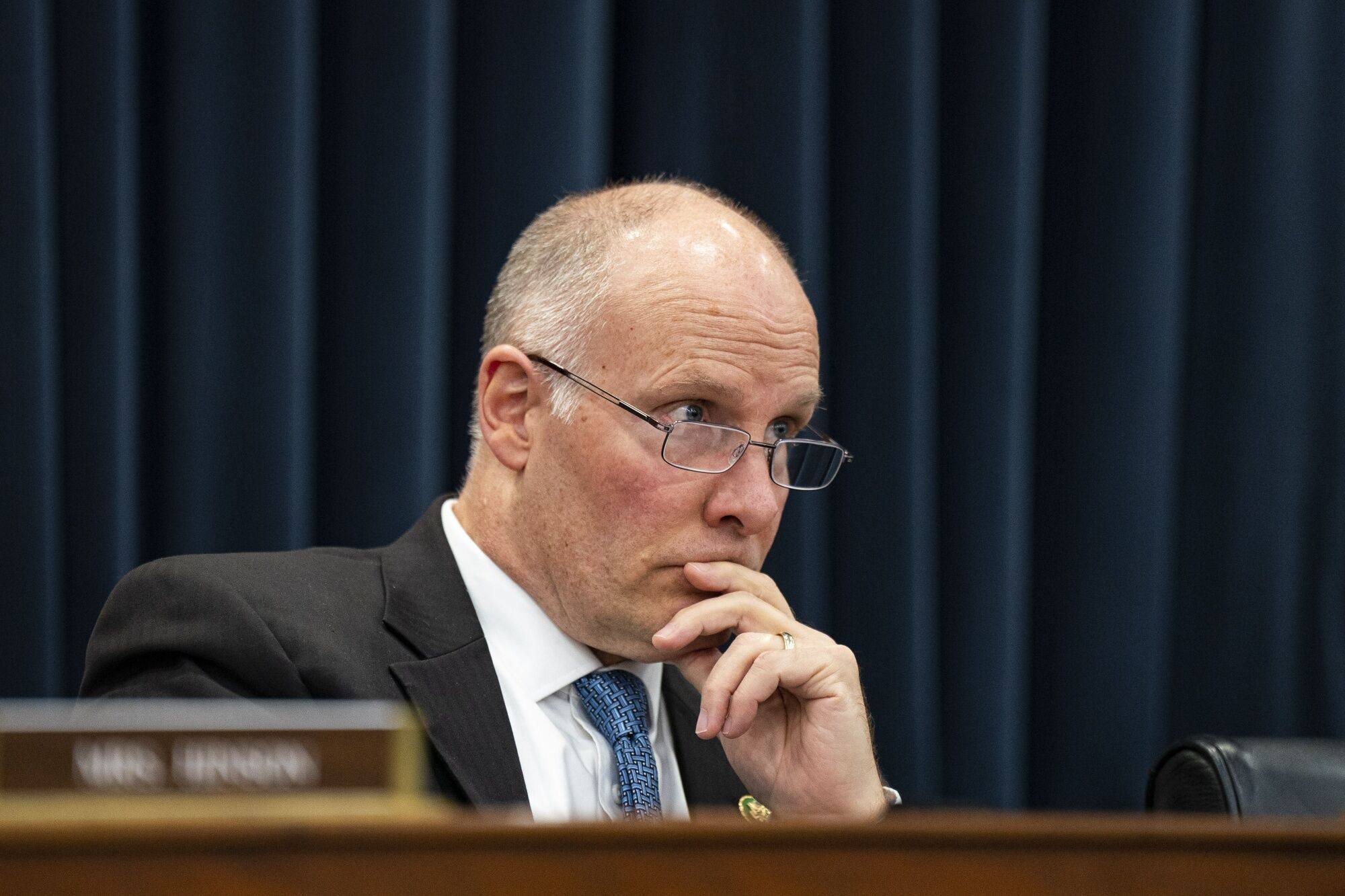
Embattled Chinese battery maker Gotion vows ‘more vocal’ US strategy after filing lawsuit in Michigan
- ‘People have been hearing a lot of mistruths’ about the company and its planned US$2.3 billion EV plant, top North American official tells Post
- Gotion’s more outspoken tack signals strategic shift, having previously tried to address concerns by attending events hosted by township officials
“I think people have been hearing a lot of mistruths, fabrications for the last nine months,” Chuck Thelen, vice-president of North American manufacturing for Gotion Inc, said in an interview on Monday.
“We’re now on a mission to make sure they hear the truth, even though we’ve been speaking the truth, or [people are] not really hearing it. And now we’re going to be a little more vocal.”
Saying he had “personally experienced a great deal of bullying from a number of people”, Thelen portrayed Gotion as trying to “dispel the whole Asia-hate thing that we’re definitely seeing around the United States right now and trying to show why it’s misplaced”.
Thelen’s comments represent a shift in tack for the company. For almost a year, Gotion primarily sought to address concerns by attending events hosted by township officials and speaking with local reporters in Michigan, while sharing only brief comments with national and international media.
On Monday, Thelen said Gotion had been “forced to file” the lawsuit to defend its investment. Its complaint filed in a US federal court in Michigan on Friday claimed the company had already invested about US$24 million in the project to acquire 270 acres of land and took on nearly US$500,000 in additional costs.
‘Just the beginning’: Chinese EVs face uphill path as US, EU put down roadblocks
Several local media outlets have highlighted a document stating that Gotion’s parent company in China was required to create an in-house Communist Party cell to operate there. Critics have claimed the US operation is a Trojan horse for Beijing.
The same month, two Republican congressmen – John Moolenaar of Michigan and Darin LaHood of Illinois – introduced the No Gotion Act in the US House.

By December, the new township board rescinded a resolution in support of the plant that the previous board adopted in 2022, saying it lacked sufficient time and legal expertise to go through the agreement and understand the project’s details and scope.
The new officials also withdrew a resolution approving plans to extend water service to the proposed plant.
The lawsuit filed by Gotion in the US Western District Court of Michigan alleged that the township’s decisions breached a development agreement. The company urged the court to order the township to restore both resolutions.
China and electric vehicles forge a growing political target for Republicans
Kruse told The Detroit News on Friday that the township was “saddened and disappointed” by the lawsuit.
“As township supervisor, my number one concern is protecting the interests of the people of Green Charter Township, and we will vigorously defend our township’s position in the matter,” Kruse said in a statement. “We might be a small community, but we refuse to be bullied.”
Kruse did not respond to a request from the Post for comment.
The court has summoned the township to respond to Gotion’s complaint within 21 days.
Based on earlier estimates, the plant is expected to be built and start production by 2025 and become fully staffed by 2031.

